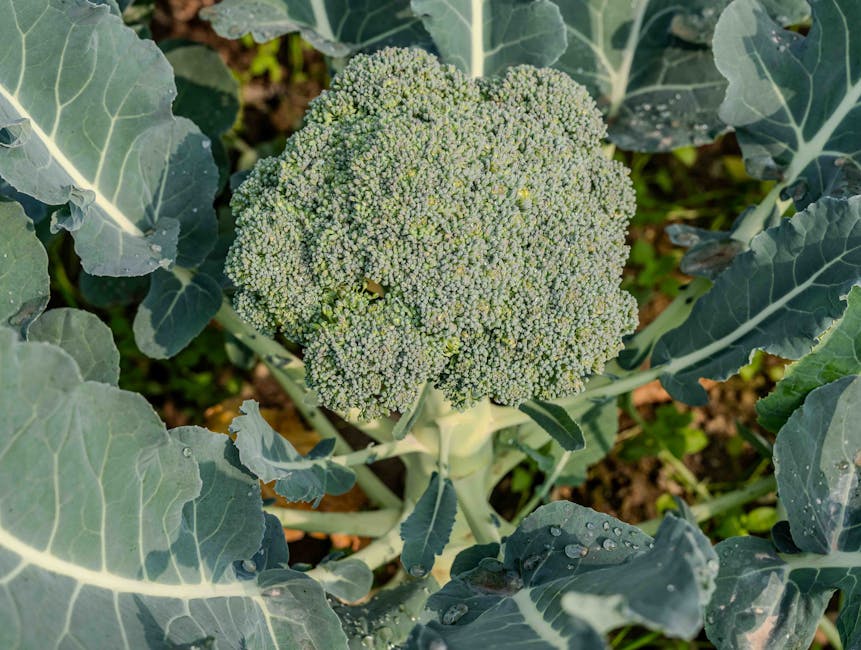Fiber: The Ultimate Guide to Understanding Dietary Fiber and Its Benefits
What is Fiber? A Comprehensive Definition
Dietary fiber, often simply called “fiber,” is the indigestible part of plant-based foods. Unlike other carbohydrates, such as sugars and starches, fiber cannot be broken down by the human digestive system. This characteristic is what gives fiber its unique properties and significant health benefits. It’s crucial to understand that fiber isn’t a single entity but rather a complex mixture of various carbohydrates with differing structures and functionalities. These different types of fiber exert distinct effects on our bodies, influencing everything from gut health to blood sugar control.
Types of Fiber: Soluble vs. Insoluble
Fiber is broadly categorized into two main types: soluble and insoluble. The distinction lies in their behavior in water and their impact on the digestive system.

Soluble Fiber:
- Definition: Soluble fiber dissolves in water, forming a gel-like substance in the gut. This gel slows down digestion and can help regulate blood sugar and cholesterol levels.
- Sources: Oats, barley, beans, lentils, apples, citrus fruits, psyllium.
- Benefits:
- Lowers cholesterol levels
- Regulates blood sugar levels
- Promotes satiety (feeling full)
- Supports healthy gut bacteria
Insoluble Fiber:
- Definition: Insoluble fiber doesn’t dissolve in water. Instead, it adds bulk to the stool, promoting regularity and preventing constipation.
- Sources: Wheat bran, whole-wheat products, vegetables (like broccoli and carrots), nuts, seeds.
- Benefits:
- Prevents constipation
- Promotes regular bowel movements
- Adds bulk to the stool
- May help prevent diverticulitis
Understanding the Different Types of Fiber in Detail
Beyond the soluble/insoluble distinction, there’s a wider array of fiber types, each with its own unique chemical structure and physiological effects. Some key examples include:
Pectin:
A soluble fiber found in many fruits and vegetables, pectin is particularly effective at lowering cholesterol and improving blood sugar control. Its gel-forming properties also contribute to feelings of fullness.

Inulin:
A type of soluble fiber that acts as a prebiotic, meaning it feeds beneficial bacteria in the gut, promoting a healthy gut microbiome. Inulin is found in foods like onions, garlic, and chicory root.
Cellulose:
A major component of plant cell walls, cellulose is an insoluble fiber that adds bulk to the stool, promoting regularity. It’s found abundantly in whole grains, vegetables, and fruits.
Hemicellulose:
Another type of insoluble fiber, hemicellulose is found in many plant foods. It adds bulk to the stool and can help regulate bowel movements.
Lignin:
A complex insoluble fiber that is not a carbohydrate. It’s found in many plant foods and contributes to the overall fiber content, playing a role in bowel regularity.
The Importance of Fiber in Your Diet
Adequate fiber intake is essential for maintaining optimal health. The benefits extend far beyond simple digestive regularity. Sufficient fiber consumption is linked to a reduced risk of various chronic diseases.

Benefits of Fiber:
- Improved Digestive Health: Fiber adds bulk to the stool, preventing constipation and promoting regular bowel movements. It can also help prevent diverticulitis, a condition affecting the digestive tract.
- Weight Management: High-fiber foods are generally more filling than low-fiber options, leading to reduced calorie intake and weight management. The increased satiety helps prevent overeating.
- Blood Sugar Control: Soluble fiber slows down the absorption of sugar into the bloodstream, preventing blood sugar spikes and crashes. This is particularly beneficial for individuals with diabetes or prediabetes.
- Cholesterol Reduction: Soluble fiber binds to cholesterol in the digestive tract, preventing its absorption and leading to lower cholesterol levels. This helps reduce the risk of heart disease.
- Gut Microbiome Support: Fiber acts as a prebiotic, feeding beneficial bacteria in the gut. A healthy gut microbiome is crucial for overall health and well-being, influencing immunity, digestion, and even mood.
- Reduced Risk of Chronic Diseases: Studies have linked adequate fiber intake to a reduced risk of various chronic diseases, including heart disease, type 2 diabetes, some types of cancer, and obesity.
Recommended Daily Fiber Intake
The recommended daily fiber intake varies depending on age and gender. Generally, adults should aim for 25-30 grams of fiber per day. However, many individuals fall far short of this recommendation. Increasing fiber intake gradually is crucial to avoid digestive discomfort.
How to Increase Your Fiber Intake
Fortunately, increasing your fiber intake is often achievable with simple dietary adjustments. Here are some tips:
- Eat more fruits and vegetables: Aim for a variety of colorful fruits and vegetables throughout the day.
- Choose whole grains: Opt for whole-wheat bread, brown rice, oats, and other whole-grain products over refined grains.
- Incorporate legumes: Beans, lentils, and peas are excellent sources of fiber and other nutrients.
- Add nuts and seeds: Sprinkle nuts and seeds on your salads, yogurt, or oatmeal.
- Consume fiber-rich snacks: Choose snacks like popcorn, air-popped, or fruits.
- Read food labels carefully: Pay attention to the fiber content listed on food labels.
- Increase fiber intake gradually: To avoid digestive discomfort, increase your fiber intake slowly over time.
- Drink plenty of water: Adequate water intake is crucial for proper digestion and absorption of fiber.
Potential Side Effects of High Fiber Intake
While fiber is generally beneficial, consuming excessive amounts too quickly can lead to some side effects, such as gas, bloating, and abdominal discomfort. Gradually increasing fiber intake is important to allow your digestive system to adapt.
Conclusion
Fiber plays a critical role in maintaining optimal health. Understanding the different types of fiber and their benefits can empower you to make informed dietary choices that support your overall well-being. By incorporating more fiber-rich foods into your diet, you can improve your digestive health, manage your weight, reduce your risk of chronic diseases, and contribute to a healthier, more vibrant life.







